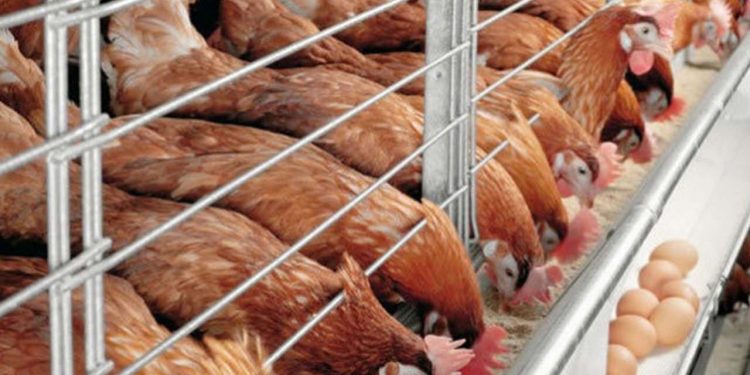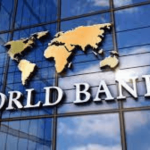The Central Bank of Nigeria’s reliance on printing money to offset the costs of pegging the naira and fuel subsidies has led to significant economic challenges, according to Mr. Indermit Gill, senior vice president of the Brentwood Institution. He noted that these policies have resulted in a staggering 35% tax on non-oil exports, impacting key sectors like manufacturing and agriculture.
Gill explained that the cost of these fiscal policies includes a massive implicit tax of 37% on non-oil exports. He warned that the government’s reliance on “ways and means” advances for financing led to inflation and that by 2022, debt servicing consumed all revenues, pushing Nigeria towards a crisis of confidence in the naira.
Soaring Commodity Prices and Impact on Poultry
The rising cost of essential commodities further exacerbates the situation. A metric ton of maize has surged to N710,000 from N480,000 in 2023, reflecting a 48% increase. Similarly, soybeans now sell for N837,000, up 97% from N425,000 last year. The price of poultry feed has skyrocketed to over N20,000 per bag, compared to N9,000 just a year ago.
Pius Aminu, chairman of the Poultry Association of Nigeria (PAN) for the FCT Chapter, expressed deep concern about the rising egg prices, which he says have led to nutritional deficiencies across the country. He urged the federal government to declare a state of emergency on egg production to ensure accessibility and affordability for citizens.
“The federal government should urgently declare a state of emergency on egg production. The current decline is alarming, and the country cannot afford to rely on egg imports,” Aminu stated.
Rising Challenges for Farmers
Aminu attributed the soaring egg prices to foreign exchange fluctuations and high petrol costs, which have forced many poultry farmers out of business, leading to the closure of hundreds of farms and increasing unemployment. He emphasized that each poultry farm typically employs four to five people, so the closure of 100 farms results in a direct rise in unemployment.
Sunday Ezeobiora, president of PAN, highlighted the severe impact of insecurity on maize production, reporting a 50% decline and estimating current output at 7 million metric tons. The poultry industry requires over 4 million metric tons of maize annually to meet demand. Ezeobiora noted that the skyrocketing prices of maize and soybeans have reduced the poultry industry’s value from N10 trillion in 2022 to about N5.5 trillion currently.
The Broader Economic Impact
Onallo Akpan, an Abuja-based poultry farmer and director-general of PAN, reported that demand for eggs and poultry products continues to decline due to inflation, which reached 32.15% in August 2024. He outlined the myriad challenges facing the industry, including exchange rate volatility, high feed costs, supply chain disruptions, and low consumer demand driven by rising prices.
“The declining demand for eggs, supply chain disruptions, high feed costs, and the current low consumer demand are threatening the existence of several farms,” Akpan warned. He urged the federal government to tackle insecurity to allow farmers to return to production.
The Food and Agriculture Organization (FAO) indicates that Nigeria’s per capita daily protein intake is currently 45.4 grams, falling short of the FAO’s recommended minimum of 53.8 grams. Ibrahim Kabiru, president of the All Farmers Association of Nigeria (AFAN), revealed that due to the severe issues plaguing the poultry industry, he was forced to shut down one of his farms in the North last year due to losses.
As Nigeria grapples with soaring prices and a struggling poultry sector, the need for effective government intervention and policy reforms becomes increasingly urgent to secure food accessibility and nutritional standards for its citizens.










